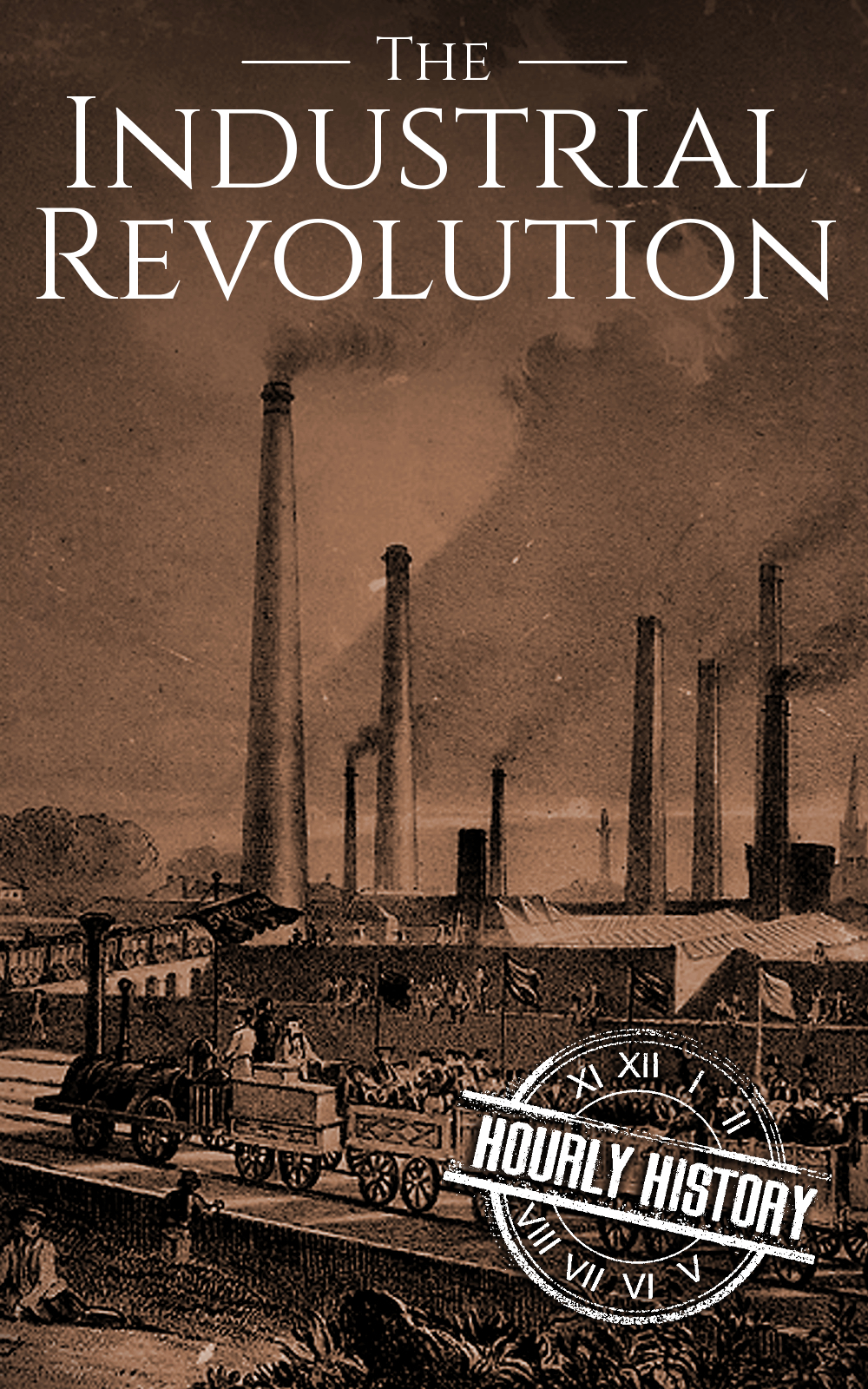

Most ebook files are in PDF format, so you can easily read them using various software such as Foxit Reader or directly on the Google Chrome browser.
Some ebook files are released by publishers in other formats such as .awz, .mobi, .epub, .fb2, etc. You may need to install specific software to read these formats on mobile/PC, such as Calibre.
Please read the tutorial at this link: https://ebookbell.com/faq
We offer FREE conversion to the popular formats you request; however, this may take some time. Therefore, right after payment, please email us, and we will try to provide the service as quickly as possible.
For some exceptional file formats or broken links (if any), please refrain from opening any disputes. Instead, email us first, and we will try to assist within a maximum of 6 hours.
EbookBell Team

4.3
28 reviewsRead On Your Computer, MAC, Smartphone, Kindle Reader, iPad, or Tablet.
The Industrial Revolution which took place in Great Britain between the middle of the eighteenth century and the middle of the nineteenth transformed British industry and society and made Great Britain the most powerful nation in the world.
The Industrial Revolution didn’t happen due to one, single factor but rather to a number of separate yet related developments which interacted to change the world profoundly and completely. Improvements in the production of iron allowed the construction of efficient, reliable steam engines. These steam engines were then used in the production of iron to improve the quality and quantity of iron production even further. Manufacturing became concentrated in factories filled with automated machinery while canals and improved roads allowed raw materials to be brought to these factories and for finished products to be distributed.
✓ Transport and the Rise of Global Trade
✓ The Iron Heart of the Industrial Revolution
✓ The Power of Steam
✓ The Lives of Workers during the Industrial Revolution
✓ The Rise of Labor Movements
And much more!
During the the Industrial Revolution, people became used to the availability of cheap, mass-produced items transported to the point of sale from other parts of the country or even other parts of the world. However, people also became used to living in large cities and working in factories and mills, often for meager wages and in dangerous and exhausting conditions. Progress made a small number of people very wealthy, but it also condemned a large portion of the British population to living and working in danger and squalor.
Opposition to the Industrial Revolution came from skilled workers who saw their jobs being replaced by machines and from influential poets who deplored the loss of what they regarded as an idyllic, rural, agrarian way of life. This opposition was brutally repressed, and even those who tried to champion the rights of workers sometimes found themselves under attack by the British Army.
The Industrial Revolution changed almost everything about the British way of life, and it spread from Great Britain to most of the developed countries of the world. This is the story of a revolution which continues to affect all of us in the modern world.